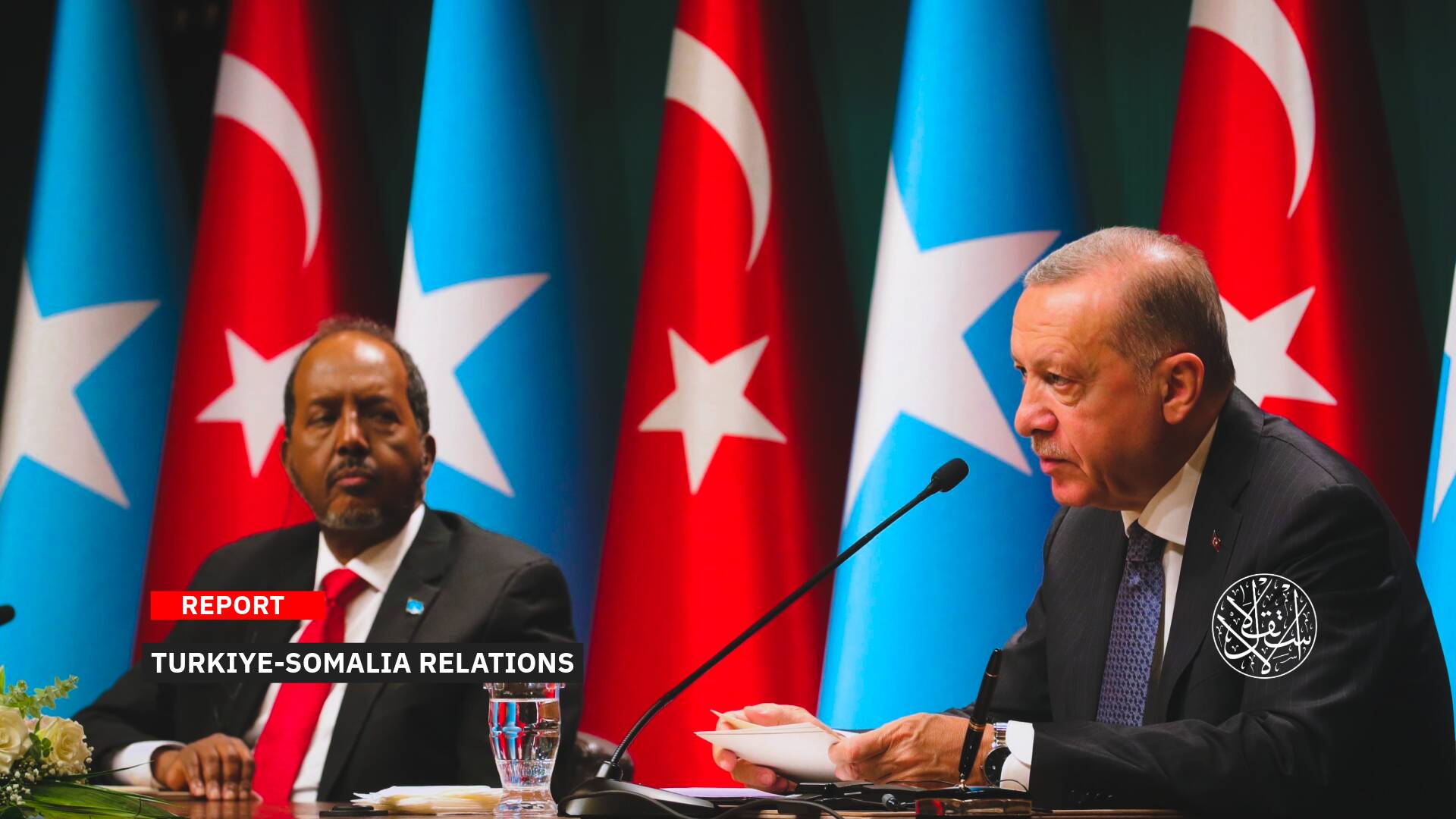Le Point: 'A Dramatic Shift' in the Path of the War Between the Ethiopian Army and the Tigray Rebels

The French newspaper, Le Point, highlighted the escalating conflict between the rebels in the Tigray region and the central government in Ethiopia headed by Abiy Ahmed.
The conflict began on the ground in November 2020, it witnessed a dramatic shift as the rebels advanced towards the capital, Addis Ababa.
The newspaper states that the advance of the rebels towards the capital is a major shift point in the war that has been going on for nearly a year between pro-government forces facing the Tigray rebels of the Tigray People's Liberation Front (TPLF).
Continuous Operations
After days of battles that were characterized by hate and desertion between the two sides, on November 2, 2021, the Ethiopian authorities called on residents to prepare to defend their neighborhoods as fighting raged a few hundred kilometers to the north, the government decided to declare a state of emergency across the country.
“The state of emergency aims to protect civilians from atrocities committed by the terrorist TPLF in several parts of the country,” Fana Broadcasting Corporation reported, referring to the rebels.
In recent days the rebels have claimed to have taken Disi and Kombolcha, the two towns located at a strategic crossroads, 400 km from Addis Ababa, without excluding the advance to the capital.
The government, caught in the midst of a media war, denied that it had lost control of these cities.
In any case, if the news is confirmed, this decision will mark a new major stage in the conflict that has been going on for a year now, says Le Point.
Communications are cut off in many areas of northern Ethiopia, according to Agence France-Presse and journalists' access is also restricted, which makes it difficult to independently verify the situation on the ground.
But in Addis Ababa, the authorities have asked 5 million residents to register their weapons within two days and prepare to defend the city.
“All residents must organize themselves in neighborhoods and residential communities to ensure peace and security in their areas, in coordination with the security forces,” Head of the Peace and Security Department in Addis Ababa, Kenya Yadita, said.
Official media quoted him as saying that “the city's youths will be recruited and organized to work in coordination with the security forces (...) in their areas.”
“All sectors of society should participate in the vigilance efforts, including home and hotel owners who check and have copies of the identity cards of their tenants and visitors,” Kenya Yadita stated. He also called for an end to fake news on social media.
The moves come on the heels of calls for unity by Prime Minister Abiy Ahmed, saying that “victory is possible if the full force of the country opposes the rebels.”
“There are foreigners fighting on the side of the Tigray Liberation Front,” Prime Minister said in a speech on November 1, without giving further details.
According to the newspaper, “the only confirmed presence of foreigners on the battlefield so far is the Eritrean forces that supported the Ethiopian army in its attack on Tigray.”
Multiple Pressures
The international community expressed concern over the recent escalation of fighting and renewed its calls for an immediate ceasefire and peace talks.
In any case, Washington raised its tone, and President Joe Biden announced on the same day that, as of January 1, 2022, the basic trade benefits granted to Ethiopia in particular, because of human rights violations committed in the context of the conflict in Tigray.
In a memorandum to Congress, Biden expressed the deprivation of Addis Ababa, as well as other African countries such as Guinea and Mali, which are the scenes of military coups, of benefits, under US law, most exports from sub-Saharan Africa are exempted from US tariffs.
AGOA (African Growth and Opportunity Act) was launched in 2000 under the administration of former US President Bill Clinton, it is a law that provides wide-ranging tariff exemptions for forty African countries to export their products to the United States.
In turn, each country must improve its own regulations regarding human rights as well as working conditions, to make these benefits available.
In this context, US Trade Representative Catherine Taye said in a statement “Our administration is deeply concerned about the unconstitutional change of government in Guinea and Mali, and gross violations of internationally recognized human rights committed by the Ethiopian government and other factions (...) in northern Ethiopia.”
In recent weeks, the Ethiopian authorities sounded the alarm about the consequences of losing the benefits of AGOA, particularly for the manufacturing sector.
Mamo Mihrito, an adviser to Prime Minister Abiy Ahmed, said in the October issue of the US magazine Foreign Policy: “Ethiopia’s withdrawal from AGOA will deal a heavy blow to the welfare of millions of low-income workers at a time when the Ethiopian manufacturing industry is recording standard monthly production levels.”
Meanwhile, the US envoy called on the rebels in Tigray not to advance towards the capital, Addis Ababa.
The Special Envoy for the Horn of Africa, Jeffrey Feltman, stressed, as part of his intervention at the American Institute of Peace, by saying: “We oppose any movement of the TPLF towards the capital that would target or besiege Addis Ababa.”
US Secretary of State Anthony Blinken denounced the ethnic cleansing of this conflict, which was marked by massacres and mass rapes.
The United States was among the most vocal critics of the Ethiopian prime minister's behavior in a nearly year-long war in northern Ethiopia.
Abiy Ahmed predicted a blitzkrieg and the declaration of victory on November 28, 2020, after sending the army to the area to expel the splinter local authorities from the TPLF, but since this summer, the fighting on the ground has turned into a disadvantage.
In June 2021, fighters loyal to the TPLF regained control of most of the region, forcing government forces to withdraw to a large extent.












